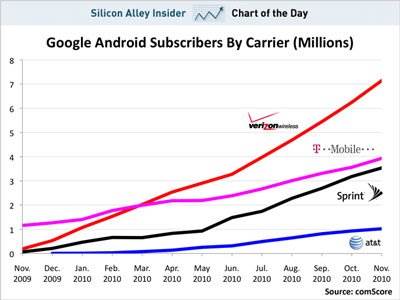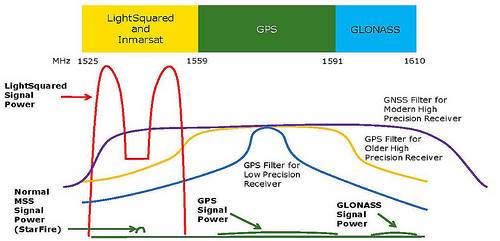![]()
It’s been a tough week for Google: litigation, an embarrassing Gmail outage and a fine from the Federal Communications Commission.
And it’s only Tuesday.
The FCC issued an interim report over the weekend in which it slapped the search engine giant with a $ 25,000 penalty for what it said was obstruction of its investigation into how data are collected for Google’s Street View mapping feature.
Drop in the Bucket
While that is a minuscule sum for the multibillion-dollar company, it is bad public relations after previous reprimands from the government over its failed social-media network ![]() Google Buzz, which opted Gmail users in without asking.
Google Buzz, which opted Gmail users in without asking.
However, Google officials could spin it positively by noting that the FCC’s report found no evidence that it violated laws against eavesdropping by picking up unencrypted Wi-Fi ![]() data with its roaming Street View cars during a three-year period beginning in May 2007.
data with its roaming Street View cars during a three-year period beginning in May 2007.
That did not satisfy the Electronic Privacy Information Center, which called on U.S. Attorney General Eric Holder to investigate the matter, saying the FCC did not have the authority to properly investigate.
The Gmail outage began before 12:45 p.m. Eastern Standard Time on Tuesday, when Google announced on its Google Apps Status Dashboard that it was “investigating reports of an issue with Google Mail.” About a half-hour later, the company said the issue affected less than 2 percent of its estimated 250 million users, but at 1:46 p.m updated that figure to “less than 10% of the Google Mail user base.”
The company warned: “While we have resolved this issue with Google Mail, it’s possible that some users may experience message delays because affected accounts weren’t available to receive messages. The messages will be successfully delivered after account access is restored.”
A far worse outage occurred on Feb. 24, 2009, when the entire system was inaccessible for 2-1/2 hours. The problem was blamed on overloaded routers.
At the same time Tuesday, Google’s lawyers were in a San Francisco federal courtroom arguing that its popular Android ![]() operating system for mobile
operating system for mobile ![]() devices does not violate patents and copyrights held by technology giant Oracle. Oracle claims that e-mails show Google developers knew they were using licensed Java code that Oracle acquired in 2010.
devices does not violate patents and copyrights held by technology giant Oracle. Oracle claims that e-mails show Google developers knew they were using licensed Java code that Oracle acquired in 2010.
Living in a Fishbowl
While the travails make headlines, Charles King, principal analyst at Pund-IT, told us they are not unexpected for a company growing as fast as Google.
“Basically, the company lives in a fishbowl that magnifies everything it does and anything that happens,” King said. “The Gmail outage falls into the ‘stuff happens’ file, but does touch on Google’s — and numerous other purveyors’ — sunny vision of a cloud ![]() -based future.
-based future.
“While certainly a nuisance, lawsuits seem to be a fact of IT life these days, particularly when practiced by vendors with a broad view of the influence and value of their own [intellectual property].”
While critics hit Google for not living up to its “Don’t be evil” motto, King says “that flies in the face of common experience, where morality is sometimes a moving target, and a marketplace where all too many organizations act as if they are beholden to nothing but the law of the jungle.”
 3 Pack of Universal Touch Screen Stylus Pen (Red + Black + Silver)
3 Pack of Universal Touch Screen Stylus Pen (Red + Black + Silver)Keep a PDA stylus on hand so you’re always ready to jot a note or tap the touch screen without using your finger….
 Toshiba NB505-N508BL 10.1-Inch Netbook (Blue)
Toshiba NB505-N508BL 10.1-Inch Netbook (Blue)Leave your laptop at home. Tell your tablet or smartphone to step back. Because now you can enjoy a better Internet experience on …







